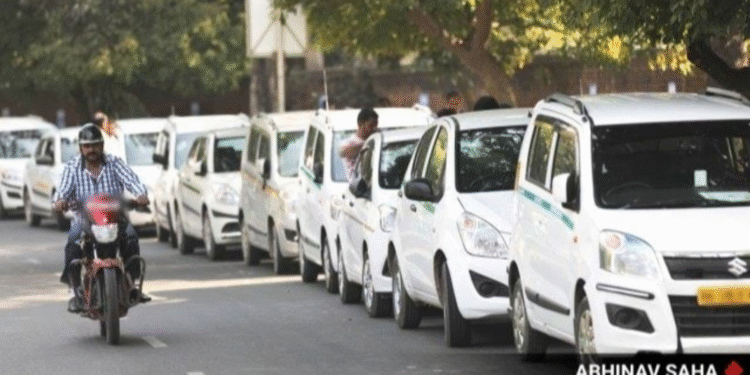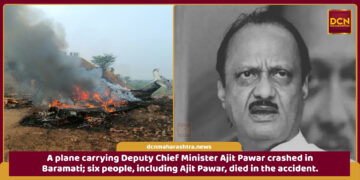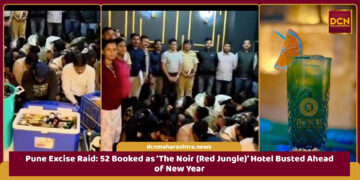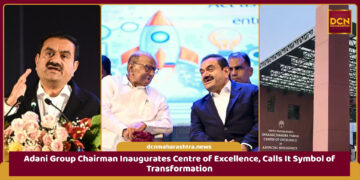Special Correspondent
Pune: The statewide strike called by Ola and Uber drivers has now begun to paralyze daily life in Pune, with commuters facing skyrocketing fares and an acute shortage of cabs. On Friday, app-based taxi services in the city were largely unavailable, forcing many passengers to either pay exorbitant double fares or hunt desperately for alternate options—most of which proved futile.
The strike, led by the Maharashtra Kamgar Sabha, is a protest against the fare policies and operations of major ride aggregator platforms such as Ola, Uber, and Rapido. As a result, the city witnessed near-total shutdown of app-based cab services in key areas like Pune Airport, Railway Station, Market Yard, Baner, Balewadi, Hadapsar, Wanwadi-Kondhwa, Mundhwa, and Hinjawadi. Commuters reported trying multiple apps to book rides, only to be greeted by the message “No cabs available.”
This disruption was especially severe at the Pune Airport, where the demand for taxis is usually high. “Only around 50 percent of the usual cab supply is available. Passenger movement at the airport is slowly increasing, but the shortage of cabs is already visible,” said Y.S. Rajput, Vice President of the cab pickup point at AeroMall, near the airport.
The ripple effects of the protest didn’t stop with cab services. Many auto-rickshaw drivers also joined the agitation, further deepening the city’s transport woes. Several passengers reported that even online rickshaw fares had spiked in some areas. With fewer vehicles on the roads and growing demand, the already stressed public transport system faced additional pressure.
At the heart of the agitation are several demands raised by protest leader Keshav Kshirsagar. He accused Ola, Uber, and Rapido of operating illegally in Maharashtra, claiming they lack valid aggregator licenses. The protestors have listed specific demands including implementation of fare systems approved by the Regional Transport Office (RTO), withdrawal of the e-bike taxi scheme, cancellation of rules that allow suspension of driver IDs without proper investigation, limitation on the issuance of new taxi and rickshaw permits, and formation of a welfare board for drivers.
Though the Auto Taxi Transport Federation, led by Baba Kamble, and the Pune and Pimpri-Chinchwad Student Transport Association have not formally joined the strike, a few voices within these groups have expressed solidarity. Bapu Bhave, a leader from the student transport union, lent his support to the agitation, especially opposing the extremely low fares being offered on aggregator apps which he claims hurt local drivers.
As Pune continues to expand as a commercial and IT hub, this strike has exposed its increasing reliance on app-based transport services for daily connectivity. The disruptions have not only affected office-goers and airport travelers but also students and senior citizens who rely heavily on door-to-door transport.
While there has been no official response yet from aggregator companies or the transport department, the growing impact of the strike suggests that a resolution will be essential in the coming days. Until then, Pune’s commuters may have to brace for continued chaos, rising fares, and long waits in the absence of a functional cab network.

















